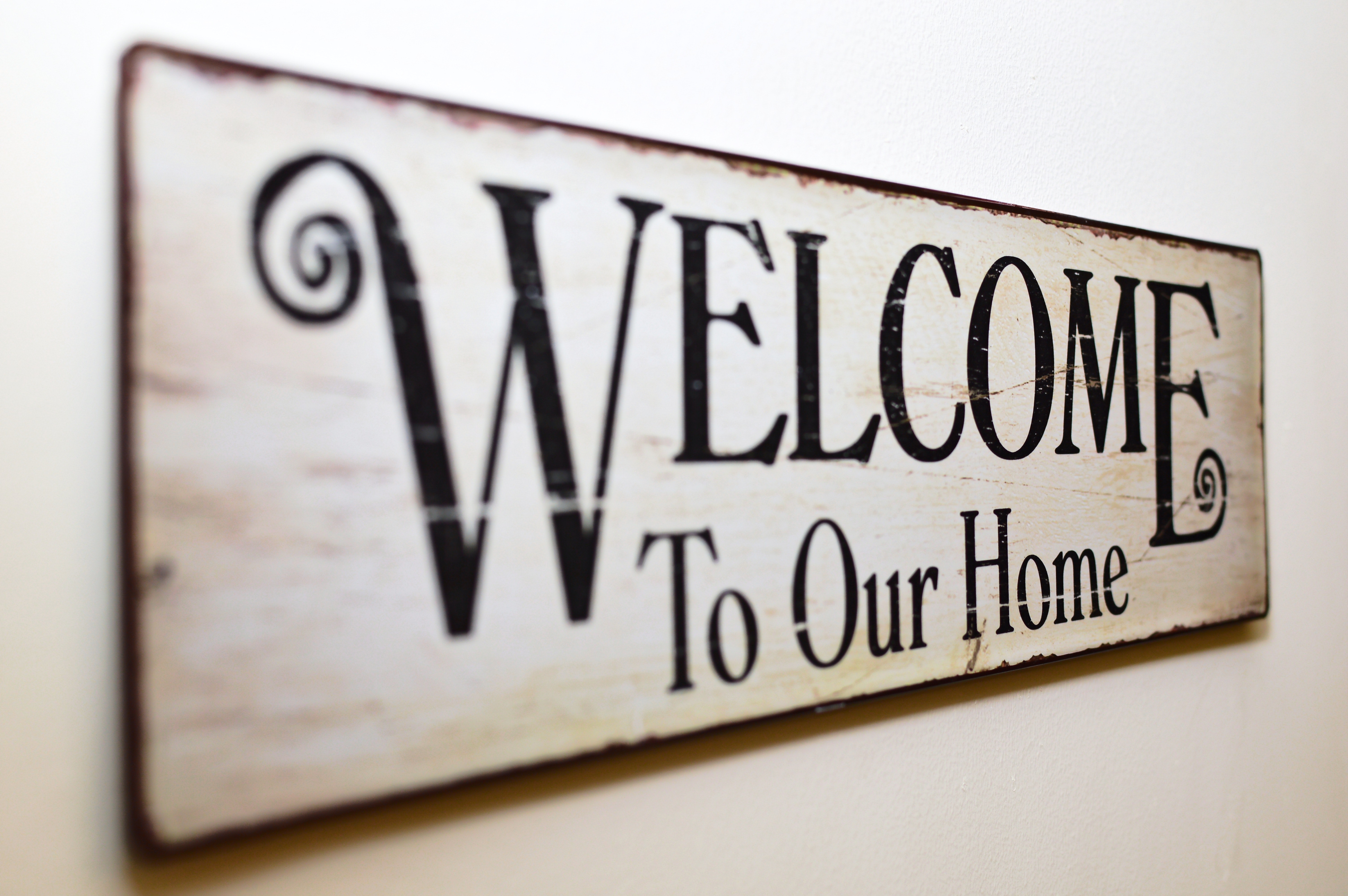New Mover Marketing: The Critical Competitive Advantage Helping Restaurants Win Hearts and Minds
4 Min Read By Michael Plummer, Jr.
We are creatures of habit. If you’re a caffeine junkie, you probably go to the same coffeehouse every day, rather than trying new ones every other day or so. If you find a favorite toothpaste, you probably stick with it. We have our favorite TV shows and music. Some people even go to the same vacation spot year after year.
That can be a scary concept if you’re a restaurant owner looking to win over more customers. It isn’t enough to offer wonderful food. You have to get people in the door, first to try your food — and then, of course, convince them to keep coming back. You have to ensure your food and service are so good that you can break customers’ habits of regularly visiting your competitors’ restaurants and come to yours instead.
Getting new Millennial movers in the door can pave the way for a new generation of loyal customers.
That’s a worthwhile goal, and of course, restaurants shouldbe trying to draw consumers away from other restaurants. But if you really want to win over loyal customers, an easier approach is to focus on your potential customers who haven’t yet aligned themselves with your competitors. That is, look to the new movers, the people who have just bought a house or put down their first month’s rent in an apartment. They’re new to the community, excited to be there, and they’re hungryfor information about your neighborhood.
You can give them that knowledge — by targeting your marketing efforts to them.
There are probably more new movers in your community than you think. Every year, approximately 40 million Americans move to a new home, and many of them, it should be noted, are Millennials and lately, Generation Z (people born in the mid-1990s).

Our Town America, a new mover marketing franchise, recently commissioned an online survey of 652 men and women (born between 1981 and 1996), to get a sense of what’s important to Millennials when they move to a new city. And they are moving. Our research indicates that the most popular places for Millennials are the following cities:
- Phoenix, AZ
- Las Vegas, NV
- San Diego, CA
- Fort Collins, CO
- Raleigh, NC
- Fort Myers, FL
- Des Moines, IA
- Boise, ID
- Charlotte, NC
- Greenville, SC
- Wilmington, NC
- Houston, TX
- Birmingham, AL
In other words, instead of cities like New York City, San Francisco and Boston, which have an exciting and glamorous reputation, many Millennials are opting for places that are known for a more reasonable cost of living and better quality of life. That’s good news for many restaurant owners across the country.
Regardless of where you are located, your odds of winning Millennials over increase when you understand them. While individuals are obviously unique, as a group, generations have a lot in common. While baby boomers’ habits have been studied and over-analyzed for at least half a century, we’re arguably still getting to know Millennials. So, if you’re looking to know more about the young people moving to your neighborhood, you’ll do well to keep a few things in mind.
Millennials Expect You to be Able to Come to Them
Our survey found that 69 percent of Millennials want to live within a range of delivery services. That’s probably not a surprise, given how delivery has taken off. But it does underscore that if you haven’t partnered with a service that can bring your food to your consumers, it may be time. There are countless delivery methods to consider including: adding delivery drivers to your staff, working with Uber Eats, or encouraging customers to use services like Postmates to enjoy your food at their convenience.

Despite Their Love of Delivery, Millennials May Still Want to Come to You
Fifty-seven percent of Millennials want to be within walking distance to restaurants and stores. Three out of four of them would prefer to meet their neighbors in person rather than just see them online. This means that, while delivery is important, don’t forget to ensure your restaurant has quality table service and a nice ambiance for customers. Owners should be making an effort to get Millennials into their place of business. In fact, our survey indicates that if a Millennial is new to the community, they would love a new business to welcome them with a valuable offer.

Millennials Very Much Want to be Part of the Community
There’s a lot of talk about how Millennials are always on their phones and don’t take much stock in face-to-face interactions. But our research shows that a majority of them still crave human interaction. Fifty-three percent of those we surveyed say that they want to live in a neighborhood that offers great community events. In order, their preferences are food festivals, concerts, sporting events, bar hopping or wine tastings and family-friendly events.

By sponsoring or participating in some of these events, you may be able to reach some new-to-town Millennials and establish countless loyal customers. If you’re involved in these events, Millennials are more likely to see your restaurant as one of their favorite dining spots, and a place that makes them feel as if they’re home.
Millennials Are Always Looking for a Good Deal
Sure, what generation doesn’t want to get the most bang for their buck? But like their great-grandparents who grew up during the Great Depression, the Great Recession came along when many of these Millennials were in their formative years or just starting out in their careers. The Great Recession made a powerful and often devastating impact, and so Millennials are looking to be part of the community while still being fiscally responsible. In fact, 85 percent of respondents say that they’d take advantage of a local small-business discount or freebie, like a free meal or haircut. Almost all of the survey participants (98 percent) say they’d likely revisit the business after trying out the offer.
The point is — getting new Millennial movers in the door can pave the way for a new generation of loyal customers. New mover marketing can help to establish new habits, which can build your business in the long run. After all, we’re all creatures of habit.


